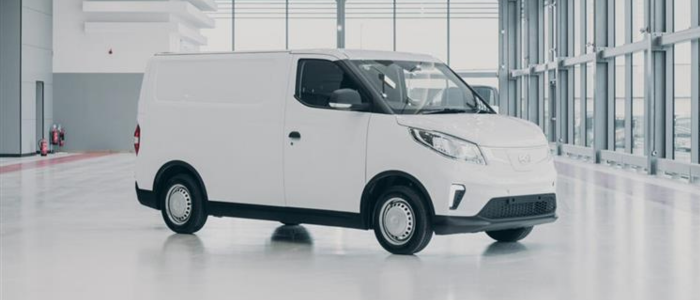
All-Electric Vans vs Hybrid Vans
As we move towards a more sustainable future, the transportation sector is undergoing a significant transformation. The shift from traditional internal combustion engines to electric and hybrid vehicles is gaining momentum, and commercial vans are no exception. With an increasing focus on reducing emissions and improving environmental stewardship, many individuals and businesses are now contemplating the switch to electric or hybrid vans. But which option is the right fit?
In this blog post, GB Vehicle Leasing will delve into the world of all-electric vans and hybrid vans, comparing their features, benefits, and considerations. We'll examine their environmental impact, range and charging capabilities, cost considerations, and maintenance aspects. By the end of this blog, you'll have a clearer understanding of which option aligns best with your specific needs and priorities.
Environmental Impact
All-electric vans produce zero tailpipe emissions since they run solely on electric power. They rely on rechargeable batteries, reducing greenhouse gas emissions and air pollution. By choosing an electric van, you contribute to a cleaner and more sustainable transportation sector. Whereas hybrid vans combine an internal combustion engine with an electric motor. While they are more fuel-efficient than conventional vans, they still emit some level of greenhouse gases and pollutants when running on petrol or diesel. However, the electric motor reduces the reliance on the combustion engine, resulting in lower emissions compared to traditional vans.
Range and Charging
One consideration for electric vans is their range. Electric vans have improved significantly in recent years, but their range may still be a concern for some drivers, especially for long-haul trips. The electric range capacity of electric vans varies between models, with some models offering a range of over 200 miles on a single charge, while others may have a range of only 100 miles. It's important to assess your typical driving needs and ensure the electric van's range aligns with your requirements. Additionally, charging infrastructure is another crucial aspect. Access to reliable charging stations or the ability to install a charging point at your home or workplace is essential for convenient use of electric vans.
Hybrid vans have a longer range compared to fully electric vans since they can rely on their internal combustion engine when the battery charge is low. They eliminate range anxiety and provide flexibility for longer trips. Furthermore, since hybrid vans can be refuelled at traditional fuel stations, they offer convenience and don't require specialised charging infrastructure.
Cost Considerations
Electric vans generally have a higher upfront cost compared to their hybrid counterparts due to the cost of battery technology. However, they offer lower operational costs in the long run, as electricity is typically cheaper than petrol or diesel fuel. Additionally, there may be tax incentives or government grants available to offset the initial purchase cost. On the other hand, hybrid vans tend to have a lower upfront cost compared to fully electric vans, as they don't rely solely on expensive battery technology. However, their operational costs may be higher due to the need for both fuel and maintenance associated with internal combustion engines.
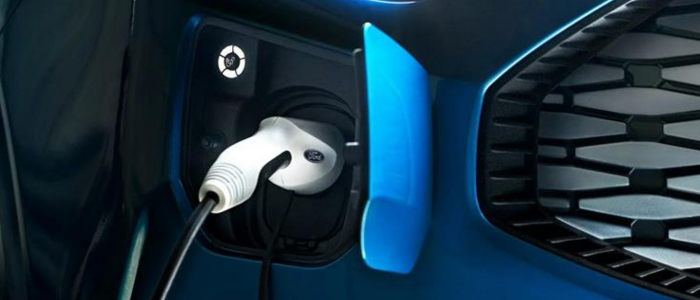
Maintenance and Reliability
Electric vans have fewer moving parts and simpler drivetrains compared to hybrid vans, resulting in potentially lower maintenance costs and fewer breakdowns. Whereas hybrid vans have both an internal combustion engine and an electric motor, which means they have more complex systems that may require additional maintenance. The dual powertrain also adds complexity, which could result in higher repair costs if issues arise.
Availability
The availability of all-electric vans in the UK has grown significantly in recent years, with various automakers introducing electric models to the market. Some popular electric vans available in the UK include:
Nissan e-NV200: The e-NV200 is an all-electric version of Nissan's versatile NV200 van. This small electric van offers a practical cargo space and a decent driving range suitable for urban and short-haul deliveries.
Mercedes-Benz eSprinter: Mercedes-Benz has expanded its van lineup to include the all-electric eSprinter, which offers a larger cargo capacity and an improved electric range.
Ford e-Transit: Ford has also entered the electric van market with the introduction of the all-electric version of its popular Transit model. The Ford Transit Electric offers a range of configurations and cargo capacities, catering to different business requirements.
Hybrid vans, which combine an internal combustion engine with an electric motor, are also available in the UK. While the options for hybrid vans is more limited compared to fully electric vans, there are still some notable models:
Ford Transit Custom Plug-in Hybrid: Ford offers the Transit Custom Plug-in Hybrid, which combines a 1.0-litre EcoBoost petrol engine with an electric motor. This hybrid van offers an electric range suitable for shorter urban journeys and the flexibility of using the combustion engine for longer trips.
LEVC VN5: It utilises a range-extender technology derived from LEVC's taxi models. Its unique design and features make it well-suited for businesses that prioritise clean transportation solutions.
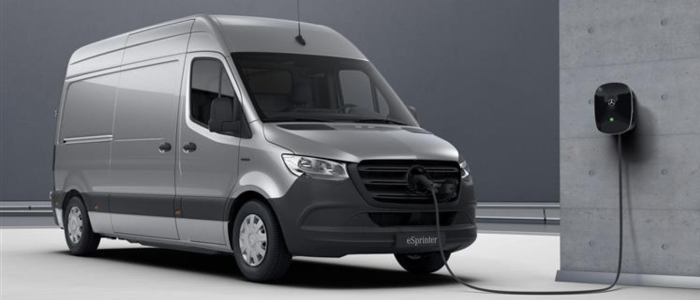
Summary
In the ever-evolving landscape of electric and hybrid vehicles, choosing between fully electric vans and hybrid vans requires careful consideration of various factors. Both options offer significant environmental benefits compared to traditional vans, but they have distinct characteristics that cater to different needs and preferences.
Remember, the transition to electric or hybrid vans isn't just about being eco-conscious; it's also about embracing innovative technologies and reaping the benefits they offer. Regardless of your choice, you're contributing to a cleaner and more sustainable future. So, whether you go fully electric or opt for a hybrid, embrace the future of transportation and make a difference with your van choice. If you’ve enjoyed reading this blog, follow us on Facebook for more motoring updates and our latest van lease deals.
Latest Posts

Discover Your Perfect Halloween Car Match
Find Your Halloween Ride: Which Spooky...

Jeep Avenger Review 2024
Meet the Jeep Avenger, the brand’s...
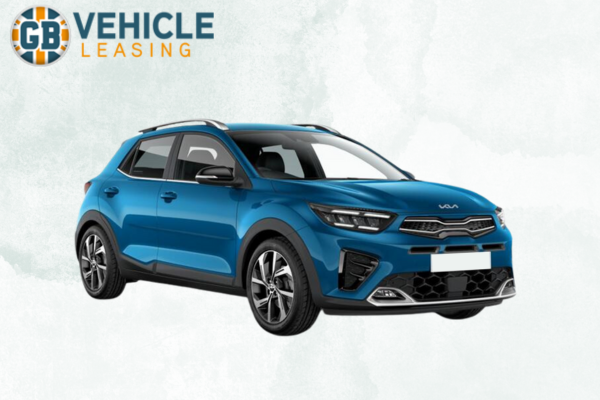
A Comprehensive Kia Stonic Review
See for yourself if this could...
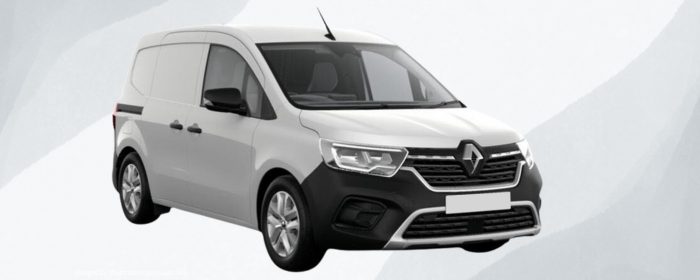
Cheap Vans to Lease 2024
Let's explore some of the cheapest...

Exploring Excellence: Isuzu D-Max Review 2024
In this Isuzu D-Max review, we'll...


































